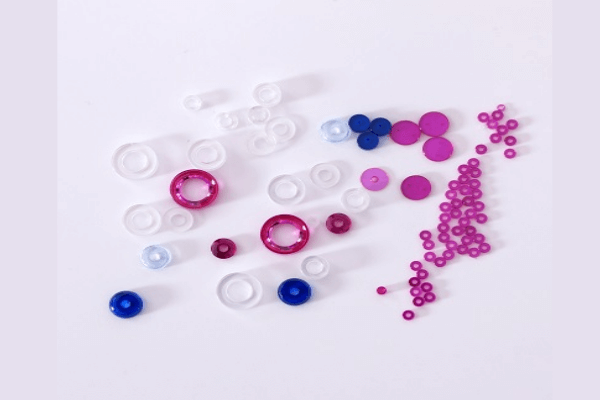Sapphire Optics
Sapphire Jewel Bearings Products





Synthetic sapphire jewel bearings and ruby bearings are seen universally as an ideal jewel bearing material for accurate, long life, low friction bearings.
What are jewel bearings.
A jewel bearing is a plain bearing in which a metal spindle turns in a jewel-lined pivot hole. The hole is typically shaped like a torus and is slightly larger than the shaft diameter. The jewels are typically made from the mineral corundum, usually either synthetic sapphire or synthetic ruby. Jewel bearings are used in precision instruments where low friction, long life, and dimensional accuracy are important. Their main use is in mechanical watches.
The advantages of jewel bearings.
The advantages of jewel bearings include high accuracy, very small size and weight, low and predictable friction, good temperature stability, and the ability to operate without lubrication and in corrosive environments. They are known for their low kinetic friction and highly consistent static friction.
What are the use of jewel bearings.
The predominant use of jewel bearings is in mechanical watches, where their low and predictable friction improves watch accuracy as well as improving bearing life. Manufacturers traditionally listed the number of jewels prominently on the watch face or back, as an advertising point.
What is pivot and jewel bearing?
Jewel bearings, jewels, and pivots are miniature components used in instruments and controls that require low friction, long life, and non-magnetic properties. They are usually made of sapphire, ruby, or hard glass. Jewel bearings, jewels, and pivots exhibit rare combinations of design characteristics.